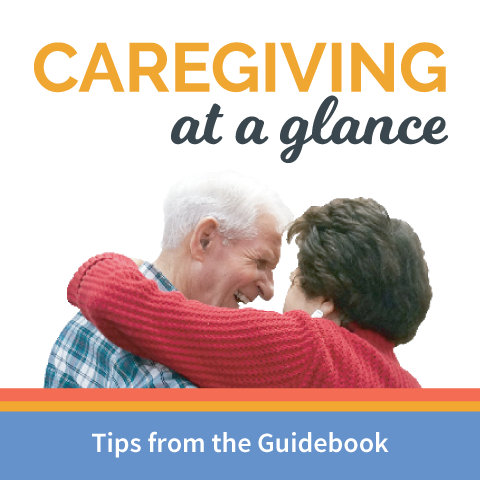
In the earlier stages you may have to face the “when-is-it-time-to-stop-driving?” issue. Some people with Alzheimer’s disease have good insight about what is happening to them and give up the keys when they feel unsafe or unsure. Others may not have any insight and insist that they can and should continue driving. You may be faced with the task of deciding when driving skills, judgment, and/or visual spatial perceptions have deteriorated. You will have to decide when driving puts the person with dementia and/or others at risk. Here are some tips to help with giving up the keys.
- Insist that the doctor tell the person and write an order when he or she can no longer drive. This way, you as the caregiver are only following the doctor’s orders.
- If you’re still met with resistance, perhaps a trusted friend or family member can also express their concerns about your loved one’s safety.
- Look into community ride alternatives, or even Uber or Lyft, so that the person who has to give up driving can stay involved in activities away from home.
- If friends are looking for a way to help out, ask them to drive your loved one to a regular outing, or even just to the grocery store.
- Consult your Division of Motor Vehicles to schedule a driving test which assesses a person’s vision, response time, and overall safety behind the wheel. Before testing, consider if your loved one would still continue driving if a license was revoked. This could compound problems if an incident occurs without a license.
- Prepare yourself to act decisively when the time comes; watch for signs of impaired judgment, lack of coordination or getting lost in other activities, not just with driving.
- If you won’t ride with the person or you won’t let or wouldn’t want your children or grandchildren to ride with the person, it is time to stop driving.
- Keep your own set of car keys in a very safe place.
- Sell the other car or disable it. Have a mechanic show you how to remove the distributor cap so the car can’t be started without your knowing it. Some people like to sit in it and that is fine as long as it cannot be started or will not move.
- If you’re not ready to get rid of the car, ask a friend or neighbor if you can park it at their house. Sometimes what’s out of sight is out of mind!
These are just a few tips from Caregiving at a Glance, our fingertip guide for families caring for a loved one with Alzheimer's. Techniques and strategies to empower caregivers address topics such as: troublesome behaviors, communication, eating, bathing and more, all compiled from families at Insight Memory Care Center. While each individual’s dementia journey is unique, we have found that using these techniques can empower you as a caregiver. Get your copy of Caregiving at a Glance!
If you’re looking to learn more, join us for our new Caregiving at a Glance Workshop series beginning in just a few days! A small cohort of caregivers can learn from experts in the field – and each other! – as we work through the guidebook together. Learn more!




